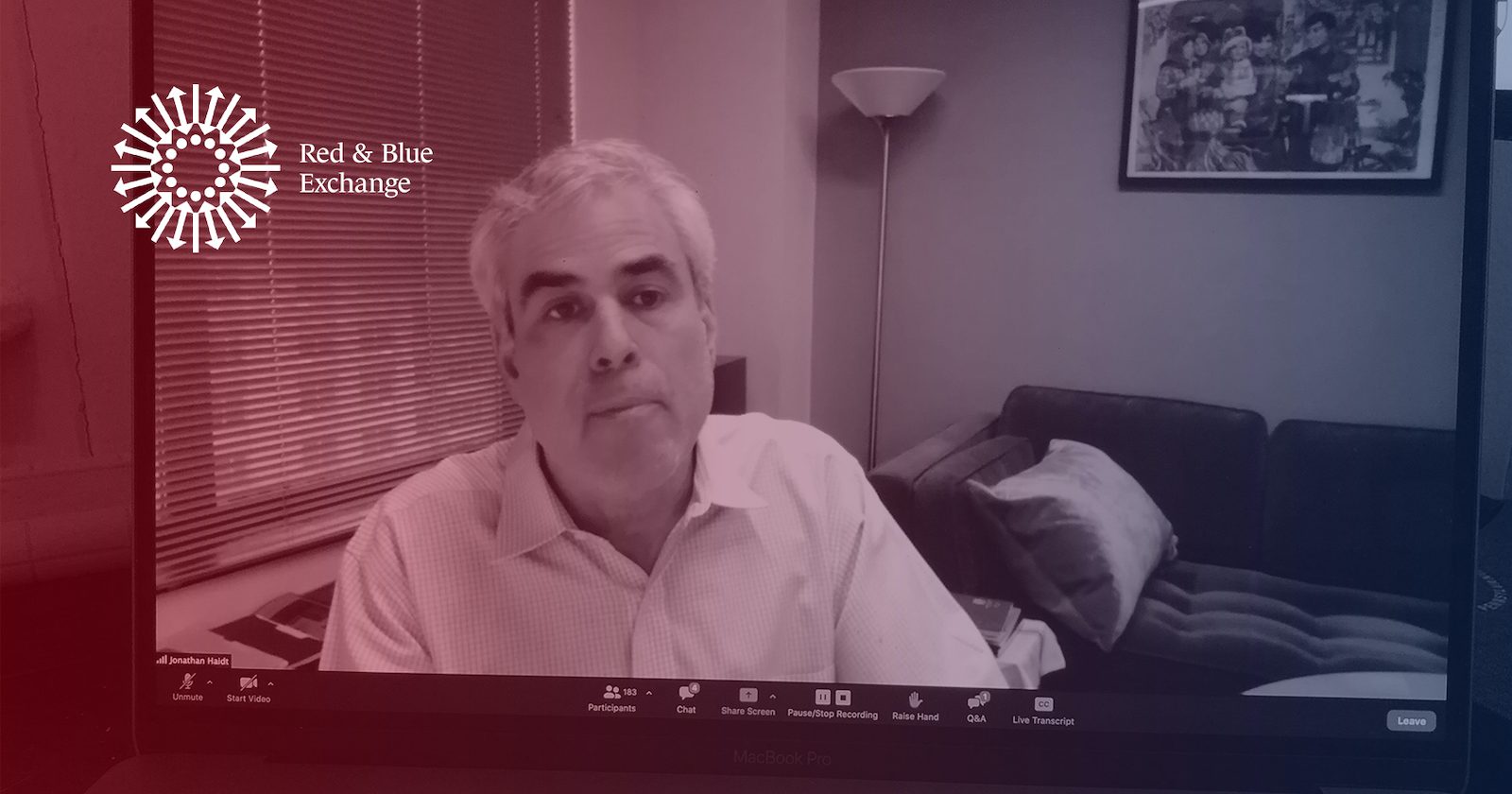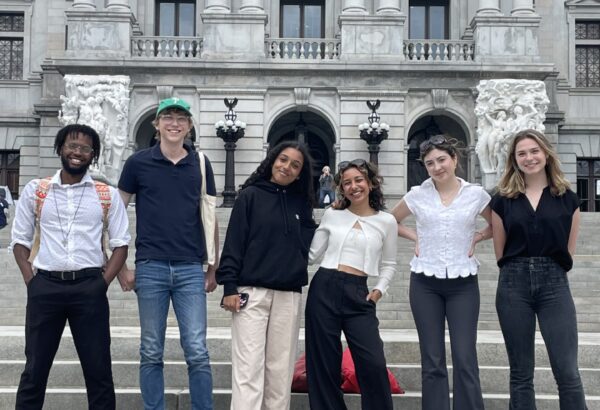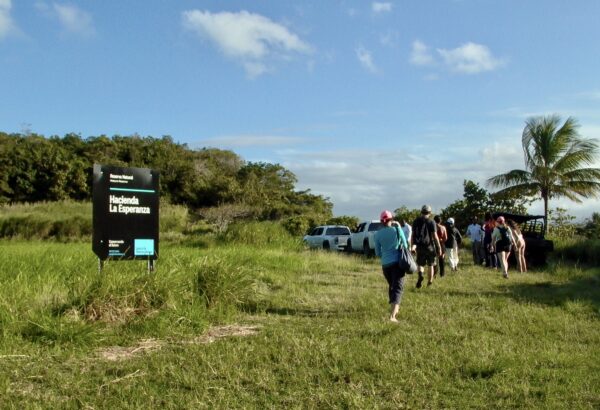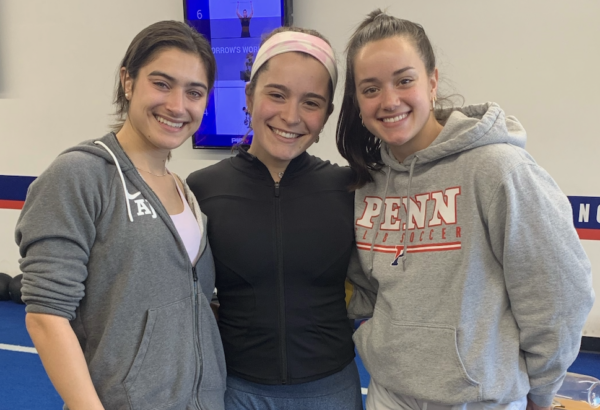College Understood Through Approach and Retreat Psychology
Haidt, a New York University professor who co-wrote The Coddling of the American Mind, described “discover mode” this way to an audience of about 180 on Zoom:
“Our senses are tuned. We’re looking for possibilities, opportunities. It’s really pleasurable. You feel like a kid in a candy store, you know, traveling around the world in your mind: Oh, Chinese pottery! Yeah. French! Computer science! In this mode, your motto would be: Whoever grows the most by graduation, wins.”
“Discover mode” is sadly rare on campuses today, Haidt contended. Instead, “defense mode” is ascendant: “We are constantly scanning for dangers. We don’t notice opportunities because we are so focused on threats.. … We cling to our team, because we feel threatened, under attack, and the team is our protection. We can’t risk getting kicked off our team.”
The Rise of Safetyism on Campus
The event titled, The Power of an Open Mind: How Viewpoint Diversity Makes You Smarter and Stronger, paired Haidt in conversation with Jonathan Zimmerman, a professor at Penn’s Graduate School of Education and a member of the Heterodox Academy, an organization Haidt co-founded that advocates for viewpoint diversity on campus. Zimmerman curated a stream of questions from the audience and posed about a dozen, including some challenging ones, to Haidt.
Haidt said that, somewhere around 2014, American universities began to lose their grip on their mission, their telos, which had over the decades guided them collectively to a place of global leadership. Instead, he said, they began to indulge rising student anxiety with responses such as trigger warnings on texts, “safe spaces” and bias response teams, all of which he contended merely lock students into “permanent defense mode.”
“We see the rise of the idea that speech equals violence,” he said. “The idea that everything should be examined through the lens of power. We see a big rise in protests against speakers who students saw as threatening. We get the emergence of a call-out culture in which your intention doesn’t matter. … You can still get massively shamed. So students become much more afraid to speak up in class and we get, as one student said, ’My motto is silence is safer.’”
“Now that is a horrible way to go through college,” Haidt summed up. He acknowledged that all of us are inclined psychologically to see matters as black and white, to cling to tribes, to be threatened by new ideas, to place feelings ahead of facts. But overcoming those traits, he said, is precisely the point of a liberal arts education.
When the academy lets go of that core mission and opts for soothing student anxieties, Haidt said, going to college just becomes “wasting your parents’ money”.
Why are Haidt and the Heterodox Academy so alarmed by the banning of speakers and texts that diverge from a campus’ norm? “We need other people who think differently from us to get smarter,” he said. “People who agree with us don’t make us smarter.”
According to Haidt, 2014 was a watershed moment both in terms of viewpoint rigidity as well as a dramatic increase in mental health issues in youth. Haidt explained, “The real thing that changed from 2013 on is that, while social media had been around for a while, it wasn’t polarizing before then. By 2013, algorithms and incentives began to turn it into an outrage platform. The platforms are optimizing for engagement, which means emotion and anger. … Now we have very good data where we can see that the rise in depression and anxiety begins around then.” Social media, combined with over-parenting, led to a generation of college students coming to college in “defend mode”. According to Haidt, “Gen Z was deprived {because of parental defense mode} of the normal childhood social interactions that come with unsupervised play. If they’re supervised, they instead develop the skills of getting the adult to come in on their side. That is called moral dependency. And that’s what we saw exploding on campus since 2014.” Instead of students working out conflicts one on one or in small groups, they took their “case to an administrator to punish that person.” This inability to handle viewpoint diversity didn’t serve Gen Z in college, nor is it attractive to potential employers who “don’t have time to stop everything to adjudicate these constant complaints.”
When asked what advice he would give a current college student passionate about a social cause, he suggested delaying activism until their junior year. “The history of reform movements probably has more big disasters than it has big successes. If you go out trying to tinker with complex dynamical systems, and you’re driven by anger or a limited view [like defend mode], you’re probably going to make things worse. … Students shouldn’t try to change things until they learn more about how systems work. They’re just going to make things worse.”
The Red and Blue Exchange is an initiative of the SNF Paideia Program. Its mission is to promote civil dialogue and free and open inquiry into matters of public import, promotion of the robust exchange of divergent views, and the informed, reasoned, and respectful expression of ideas regardless of their ideology or popularity. The Haidt event was made possible by a grant from the Gamba Family, with multi-generational Penn ties, and the Stavros Niarchos Foundation.




